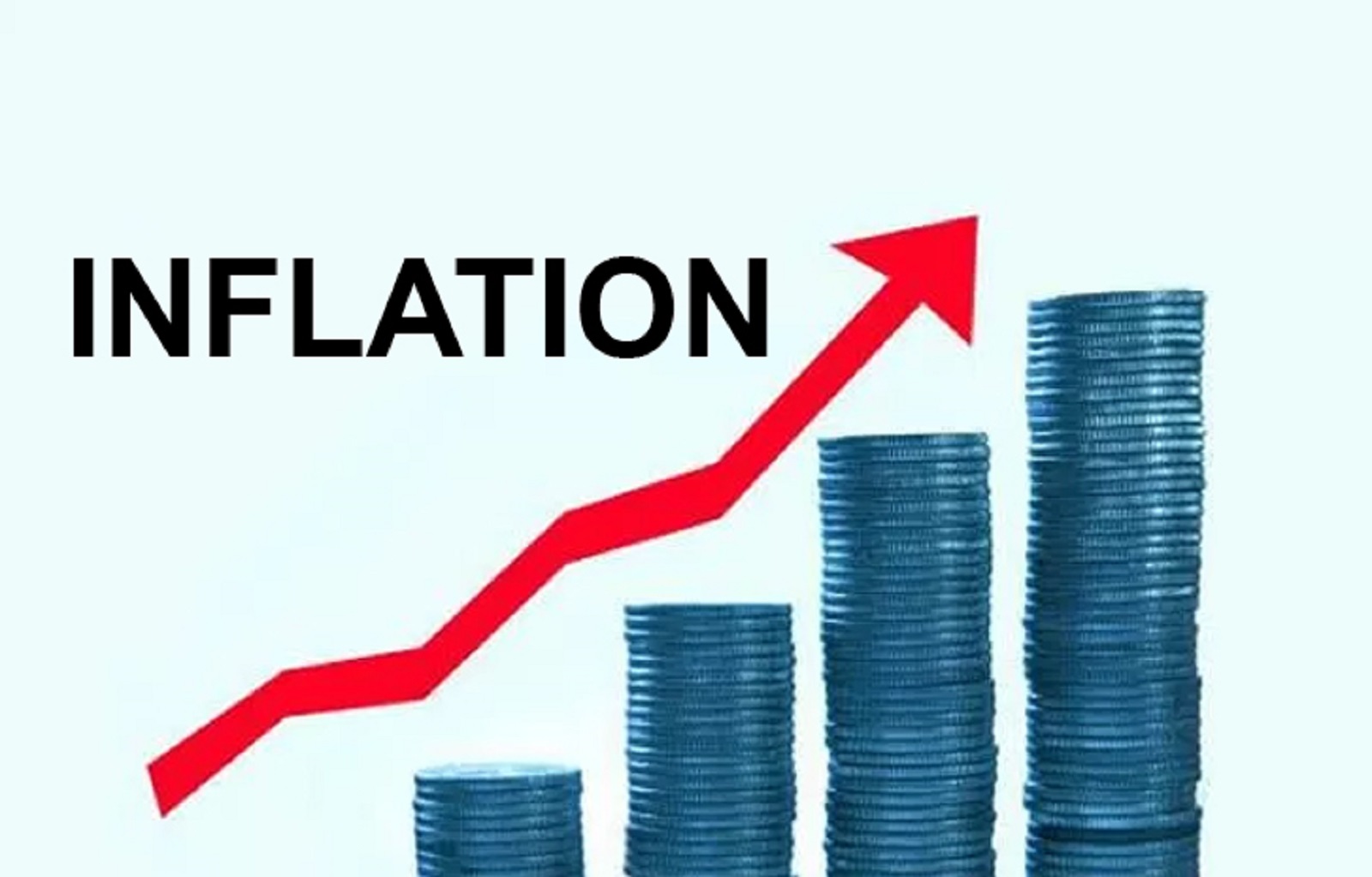
Olusola Bello
Nigerians would be faced with acute poverty and economic woes if the downstream of petroleum industry is deregulated and electricity tariff is increased about the same time
Deregulation of the downstream sector is defined as the opening of the downstream sector to competition where players are to participate at every segment of the value chain and the removal of entry barriers in the supply and distribution of petroleum products.
If the petroleum downstream is deregulated with the price of petrol going to as high as over N380 per litre, it would be extremely difficult for a Nigerians who operates barbing saloon, artisans that buy petrol to power their generators and a number of other people that purchase petrol to carry out their small scale businesses would probably be out of jobs.
Without the government making adequate provisions to cushion the effects of the increases in the prices of these commodities, it would be difficult to avoid socio economic crisis in the country in the land.
While the effect of increase tariff in electricity may not cause much hardship except that increase in tariff may not be met by improvement in electricity supply, the effect of increase in the price of petrol would be spiral. From the transport sector to foods, services and even house rents would certainly be affected by the price hike.
The price of food would also go up because of hike in transportation.
All these would have security implications as poverty can also lead some of these people to crimes
The Nigeria Governors’ Forum (NGF) at its virtual meeting considered the report of a committee headed by Kaduna State Governor, Nasir el-Rufai, and accepted its recommendation that backs full deregulation of petrol, and suggests that the pump price of the product should hover around N385 per litre.
The committee also recommended that the federal government should buy 113 buses to cushion the effects of the price increase.
However, the government must rise to the challenge of finding ways and means by which all those things mentioned above can be effectively taken care of, so that their effect can be moderated on the citizens.
Poverty alleviation programme should therefore be intensified by the government. Deploying 133 buses would not go anywhere to alleviate the transport situation.
There is no doubt that there is need for the deregulation of the downstream sector of the Petroleum Industry because of the huge amount of Money the government pay for subsidizing the product.
The government would need to ensure that these twin actions to deregulate and increase tariff are meant to better the lives of Nigerians in future and not to put them in problems by taken steps that are reassuring concerning these delicate issues.
Mass transit buses should be made available to at least mitigate the transport problems, especially intercity buses, government should make available funds for artisan to be able to borrow money to support their businesses.
While it is better for the government to exit the subsidy regime in the petrol and also ensure reflective tariff in the price of electricity, she would have no excuse if proper exit plans are made to make lives bearable for the masses.



